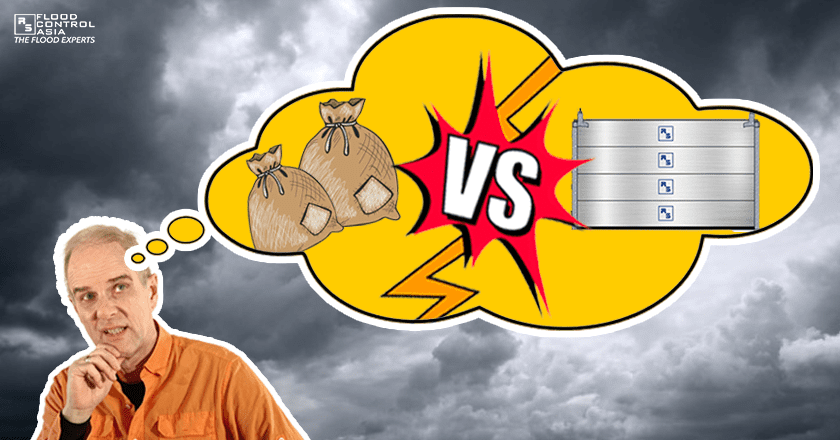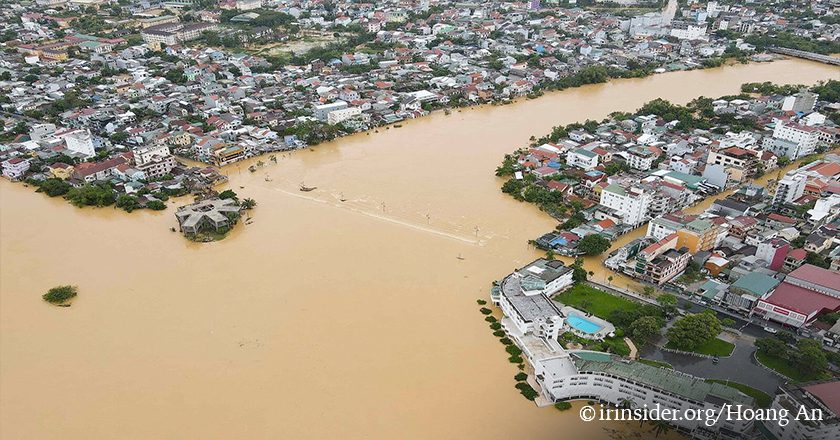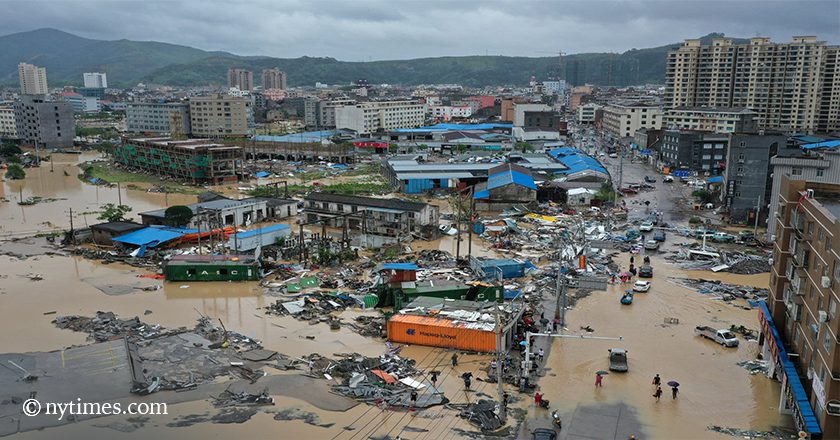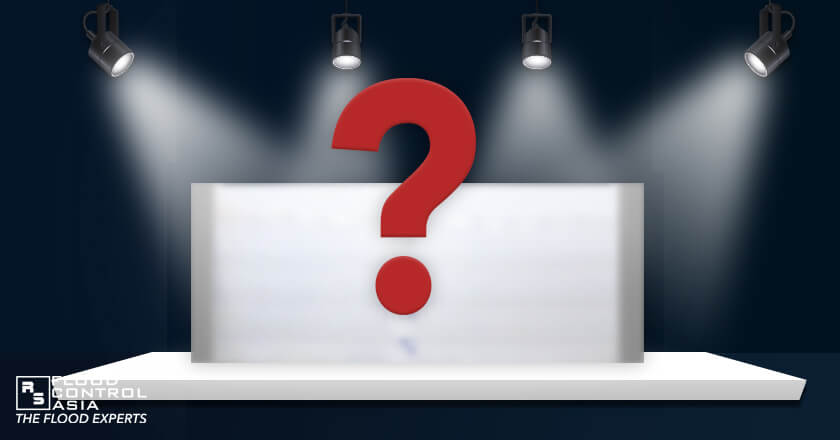Top Ten Flood Barriers Mistakes
December 8, 2017 | Created by: Andreas Klippe | Comments
Building a home or a place of business is a life changing experience. Investing your hard earned money for the future. But what happens when the place you bought is prone to flooding? You either move to a higher place or build some sort of protection.

Should you chose to stay, you plan what kind of protection is best for your place. You did your research and decided to purchase a flood control barrier. But some people think just because the flood control barriers are made of metal it can withstand any water pressure.
Choosing a flood control metal barrier is not so easy. There are different thickness and composition of the metal barrier that will determine if it can withstand these incredible amounts of water pressure.
To properly choose the right one, these are some of the most common flood barriers mistakes to avoid.
Here are the top ten mistakes:
10. Wrong metal bolts
An important feature of the barriers are the bolts. These bolts keep the barriers in place. The bolts are exposed to the elements along with the barriers. Heat, moisture,and air are active agents for rust. Non-galvanized metal bolts can get rusted even after the first use.

It renders the bolts brittle or frozen in place. It is very difficult to remove a rusted bolt. That is why flood control bolts are galvanized and powder coated to prevent rust. Using ordinary bolts will render the flood barriers jammed in place and difficult to remove.
9. Installing flood barriers at the same height of the last flood.
You did your research and found the height of the last flood. You installed the flood control barrier according to that height. Comes the rainfall warning and the advisory was more rains is expected. The rainfall became more severe than the last one.

The resulting flood was higher than expected. Flood waters came rushing in to your establishment damaging equipment.
What happened?
You assumed the same level of floodwater from the last one will hit your area. You never anticipated that climate change will bring more intense rainfall than in previous years. Always expect that flood levels will vary in every rain storm.
Best advice is to maximize the flood barrier height.
8. No back brace.
What happens when a long thin rod is accidentally stepped on? It bends because it doesn’t have a back support to keep it straight.

When a flood barrier is set against an onslaught of floodwater. It bends under an enormous amount of water pressure. Without a back brace, it will lose its integrity.
7. Weak foundations.
As with any structure, it requires a foundation to keep firmly in place. A good foundation not only keep the structure erect but prevents it coming loose.

The same principle applies to flood barriers. It only works when the foundation is firmly in place. Water pressure from the floodwaters can push the barriers to its limit. The foundation prevents those barriers from collapsing.
6. Incorrect maintenance.
Just like any equipment, maintenance is a must in keeping the flood barriers in working conditions. Periodic inspection of the barriers especially the rubber seals is required even it is virtually maintenance free.

Parts tend to wear down with time. Even the rubber seals where contaminated water can affect its cohesion. Having a proper maintenance would not only keep it in good condition but would lessen the need to replace the parts.
5. Wrong barrier types.
Sometimes choosing the proper barrier type for your establishment can be daunting. Is the area prone to high floods and heavy foot traffic? Does it need o be opened whenever vehicular entrance is required? Is it residential or industrial?

For high floods in commercial establishments, flood barriers are better suited for it can be adjusted according to the height of the flood.
It’s best to have a flood expert to determine what type of barrier is ideal for your place.
4. Improper storing practices.
When it comes to tools, it is best to store it where it can be easily found. People sometimes don’t store away the tools when they are finished. When the said tool is needed again, it cannot be found.

The same with the flood control barriers. They have components that are essential for the flood barrier to work. Storing it in a proper place not only prevent damage to the parts but also it can be found easily.
3. Putting barriers on uneven surfaces.

People tend to think putting up barriers anywhere can help prevent floods.
A barrier is only good if the foundation has a smooth surface. If it’s erected on soil or uneven surface, it will not prevent floodwater from coming in. It’s better to construct a smooth surface for the barrier to work properly.
2. Thinking that floods will not occur because of high elevation.
In October 2015, Baguio experienced the worst flooding in years brought about by Typhoon Lando.

People were caught by surprise thinking since they were on top of a mountain the rains will run thru. Turns out the drainage was clogged by too much garbage that so even the high places were flooded. So invest in good flood control barriers because you never know when the next floods will hit.
1. Buying cheaper flood control barriers.
Of course, everyone’s first thought is the budget. How much will it cost them? Is this a good investment? The answer to that is simple. How much do you love your family? Are you willing to gamble their lives to save money?

If your answer is yes, then you deserve what you get.
So now you know.
These are the common flood barriers mistakes that people do. Learning to avoid these mistakes can extend their life and avoid costly replacements. So what other mistakes you know that could compromise the barriers? Leave your comments below.






